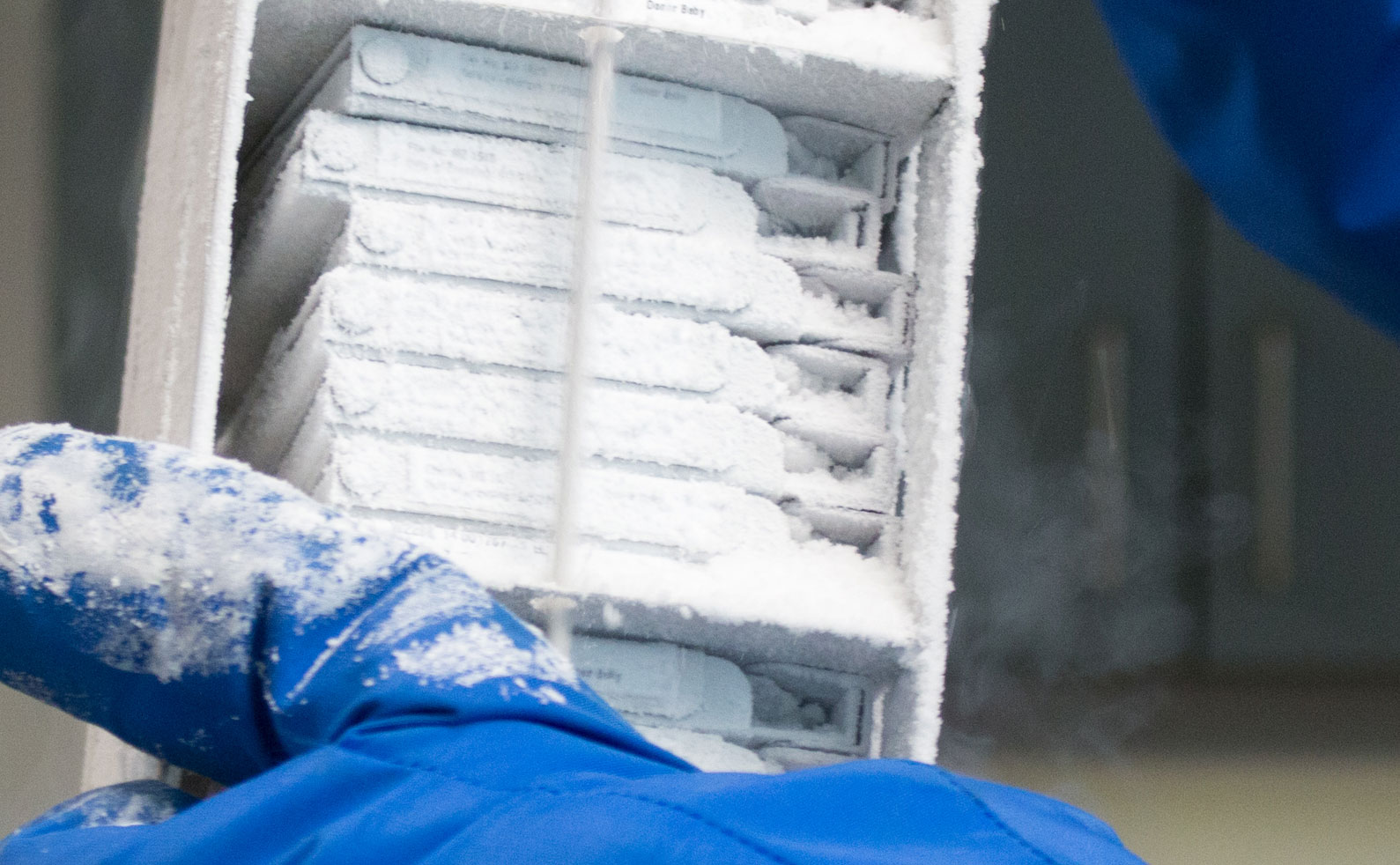The promising field of stem cell research is prompting more and more parents to store their newborn’s umbilical cord blood for possible use in treating future disease. Cord blood is rich in blood-forming stem cells and is currently used in transplants for some patients with leukemia, lymphoma, immune deficiencies and inherited metabolic disorders. Most infusions come from unrelated donors, partly because of concerns that receiving one’s own defective cells may cause the same diseases to return.
Now, early research shows that cord blood may be able to safely regenerate other types of cells in the body, fueling optimism that doctors may one day routinely use a patient’s own stored cord blood to treat such conditions as cerebral palsy (CP), stroke, spinal cord injuries, diabetes and cardiovascular disease. (toddler Dallas Hextell, diagnosed with CP at 8 months old, made headlines after his skills appeared to improve following an infusion of his own cord blood.)
However, only time will tell how stem cell research pans out and if cord blood is the best source, notes Jeffrey Ecker, M.D., an associate professor of OB-GYN at Harvard Medical School in Boston. It’s also unclear how long stored stem cells are viable.
How to choose a bank.
For information on donating cord blood for use by anyone who needs it, visit marrow.org. If you’re considering private banking, do your homework:
- Ask around. Seek advice and recommendations from your friends and physician.
- Check credentials. How long has the bank been in business? Is it profitable? (If it goes out of business, you could lose the cord blood.) Does the bank have experience with successful transplants? Is it accredited by a group such as the American Association of Blood Banks?.
- Compare costs. Collection fees range from $1,000 to $2,000; payment plans and, occasionally, gift registries are available. There are banks that have no annual fees and those charging a yearly fee for storage.
Private or public?
Leading medical groups encourage parents to donate cord blood to one of the nation’s more than 30 public banks if possible rather than banking it privately, because they say the stem cells are more likely to be used this way. However, you cannot get your baby’s cord blood back, nor is there any guarantee of a match if the cord blood is needed later. The American College of Obstetricians and Gynecologists urges (and 21 states now require) doctors to discuss the pros and cons of private vs. public banking with patients and remains conservative, citing odds of 1 in 2,700 that privately banked blood will be used by a particular family.
Testimonials
Click here for success stories from real parents who have banked their baby’s cord blood.
Click here for a free information packet and special coupon for Maze Cord Blood Laboratories!


Leave a reply
You must be logged in to post a comment.